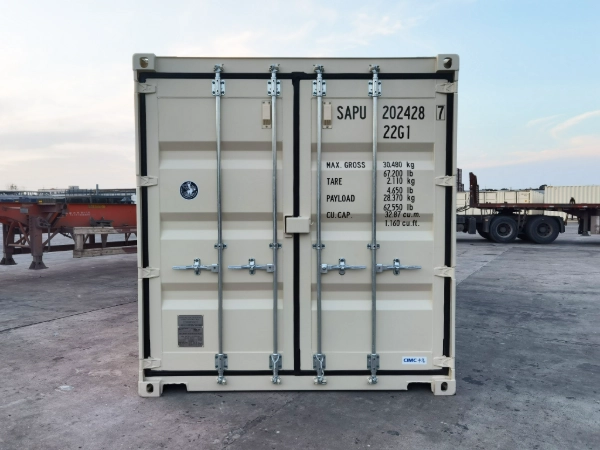Moving out can be a daunting task, especially when you find yourself in a situation where you have no money and no car. However, with strategic planning, resourcefulness, and a positive mindset, it is entirely possible to make this transition smoothly. This article will provide you with practical steps and creative solutions to help you move out under these challenging circumstances.
- Assess Your Current Situation
Before embarking on your moving journey, take a moment to evaluate your current living situation. Consider the following:
- Living Arrangements: Are you currently living with family, friends, or in a rental? Understanding your lease terms and any obligations will help you plan your exit strategy.
- Financial Resources: While you may feel you have no money, consider any hidden resources. Do you have items you can sell, or can you tap into community resources for assistance?
- Support Network: Identify friends, family, or community members who may be willing to help you during this transition. Emotional and logistical support can make a significant difference.
- Create a Budget-Friendly Moving Plan
Even if you have no money, creating a budget is essential. Here’s how to do it:
- List Essential Expenses: Identify what you absolutely need to spend money on, such as deposits for a new place, basic utilities, and food.
- Explore Free Resources: Look for local charities, churches, or community organizations that offer assistance for those in need. They may provide moving supplies or even financial aid.
- Utilize Free Online Platforms: Websites like Craigslist, Facebook Marketplace, or Freecycle can be excellent resources for finding free moving boxes, furniture, or even transportation options.
- Leverage Community Resources
When you have no car and limited funds, community resources become invaluable:
- Public Transportation: Research local public transportation options. Many cities offer affordable or even free transit services that can help you move your belongings.
- Ride-Sharing Services: If public transport isn’t an option, consider using ride-sharing apps. Some drivers may be willing to help with moving for a fee that is less than traditional moving services.
- Local Nonprofits: Organizations like Habitat for Humanity or local shelters may offer assistance for those in need. They can sometimes provide moving help or resources for securing housing.
- Enlist Help from Friends and Family
Don’t underestimate the power of your social network:
- Organize a Moving Party: Reach out to friends and family and ask for their help. Offer to provide food and drinks in exchange for their assistance. This can turn a daunting task into a fun gathering.
- Barter Services: If you have skills or services to offer, consider bartering. For example, if you’re good at graphic design, offer to create a logo for a friend in exchange for their help with your move.
- Simplify Your Belongings
Moving with no money and no car means you need to be strategic about what you take with you:
- Declutter: Go through your belongings and identify items you no longer need. Sell or donate what you can. This not only lightens your load but can also provide some extra cash.
- Prioritize Essentials: Focus on taking only what you truly need. This will make the moving process easier and more manageable.
- Find Affordable Housing Options
Finding a place to live is crucial, especially when finances are tight:
- Roommates: Consider sharing a space with others. Websites like Roomster or SpareRoom can help you find affordable shared housing options.
- Subletting: Look for sublet opportunities that may require less upfront cost than traditional leases. This can provide you with a temporary solution while you stabilize your finances.
- Local Listings: Check local classifieds, community boards, and social media groups for affordable housing options. Sometimes, landlords are willing to negotiate terms for tenants in need.
- Prepare for the Move
Once you have a plan in place, it’s time to prepare for the actual move:
- Gather Supplies: Use free boxes from local stores, or ask friends for packing materials. You can also use suitcases and bags to transport your belongings.
- Plan Your Route: If you’re using public transport or a ride-sharing service, plan your route in advance. Make sure you know the schedules and stops to avoid any last-minute issues.
Conclusion
Moving out with no money and no car may seem like an insurmountable challenge, but with careful planning and resourcefulness, it can be done. By assessing your situation, leveraging community resources, enlisting help, and simplifying your belongings, you can navigate this transition successfully. Remember, every challenge presents an opportunity for growth, and this experience can lead you to a brighter, more independent future. Embrace the journey, and take it one step at a time.


